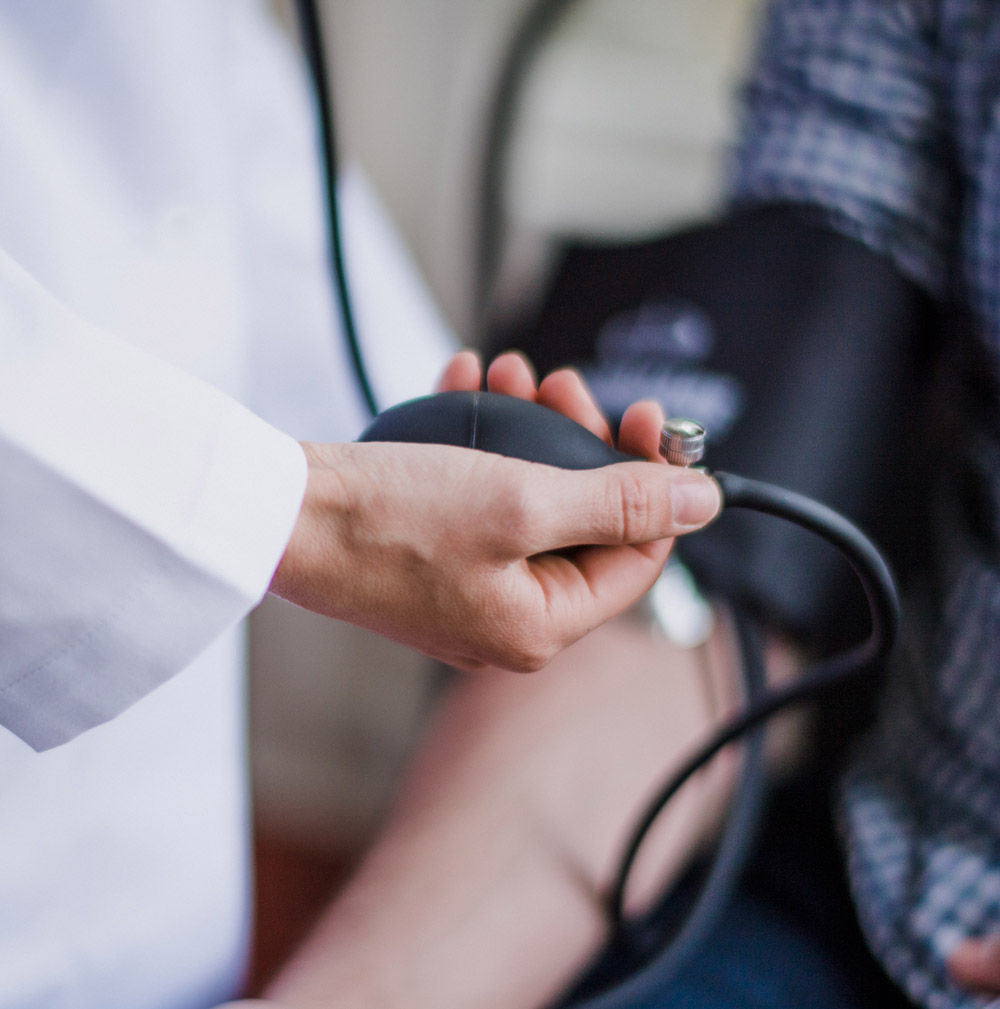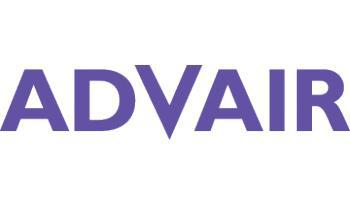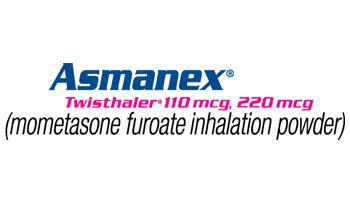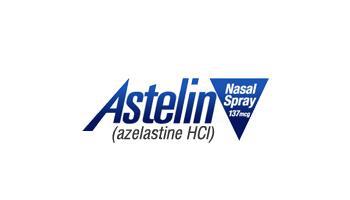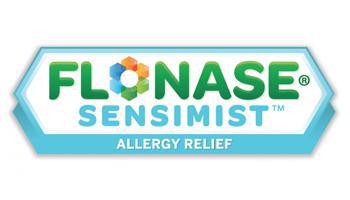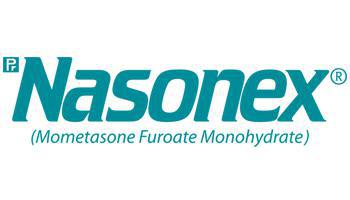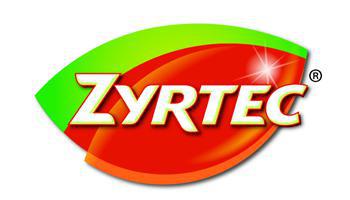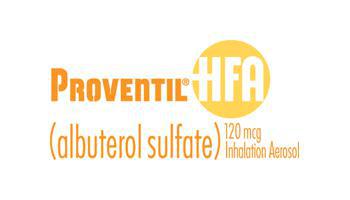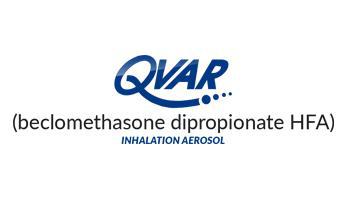New Patients
Why See an Allergy and Asthma Specialist?
Wasatch Allergy and Asthma’s Allergy and Immunology Specialists offer in-depth and focused diagnosis and treatment of asthma, allergy, and associated conditions.
Wasatch Allergy and Asthma’s Allergy and Immunology Specialists provide asthma and allergy evaluation, including spirometry and other breathing tests, Allergy tests for environmental allergens, foods, insect venoms, and medications. Wasatch Allergy and Asthma also perform patch testing for the evaluation of contact dermatitis. Wasatch Allergy and Asthma specializes in the treatment of asthma (even when very severe), nasal allergies, chronic sinusitis, urticaria, angioedema, anaphylaxis, idiopathic anaphylaxis, contact dermatitis, eczema (atopic dermatitis), food allergy, medication allergy, eosinophilic esophagitis, nasal and sinus polyps. Treatments include allergen immunotherapy (allergy shots) a customized medical treatment plan, including in-depth education on how and when to use medications such as inhalers, and how we can work to minimize the need for medication in the long-term. Wasatch Allergy and Asthma also provides a detailed plan to help overcome environmental allergens based on an individual’s medical history and allergy test results. Wasatch Allergy and Asthma’s Allergy and Immunology Specialists is an expert on the use of new biologic medication for severe asthma, hives (urticaria), nasal/sinus polyps, and severe eczema. We can customize treatment plans in ways that can dramatically minimize the need for systemic steroids such as prednisone, providing allergen immunotherapy which can provide long-term improvement, often less need for medication and improvement in quality of life.
Allergen specialists and care providers at Wasatch Allergy and Asthma work to provide a treatment plan tailored to the needs of each individual patient.
Why Wasatch Allergy and Asthma?
We can typically get new Riverton asthma and allergy treatment patients in very promptly for evaluation. We also strive to get patients who may be sick or having difficulty in for evaluation and treatment without delay.
Our Riverton allergy/immunology specialists strive to provide a quick response to our patients regarding questions or the need for prescription refills.
Because medications are so costly, we work hard to keep an eye on cost and insurance coverage of medication so our patients can receive the medications and other treatments they need. Even for people without medical insurance coverage, we can usually help individuals find affordable treatment options.
Our staff work closely with insurance companies and pharmacies in Riverton to provide affordable allergy treatment for our patients.
What to expect on your first Visit?

If there are any concerns about your breathing, we may have you do a breathing treatment that lasts for about 10 minutes. You will place a mouthpiece into your mouth where you will slowly breathe in and out a medication that is turned into a mist. After completing the breathing treatment, you will wait 15 minutes and then we will recheck the spirometry test which was performed earlier.
If you are being seen for either environmental, food, or drug allergy testing, there is a good chance we will do skin testing. Skin testing is usually performed on your back. You will be asked to change into a gown with the opening in the back. The medical assistant will clean your back and make some marks with a marker before starting the skin testing. Skin testing is done with small plastic applicator that has been dipped in a specific allergen. We are able to test for environmental allergies as well as certain food and drug allergies. There is only minor discomfort with this test and feels like a small pinch on your skin. Once the skin test has been placed, it will sit on your back for about 15 minutes while you lay on your stomach on the table. You may notice some itching over some of the spots. After 15 minutes, the medical assistant will measure the reactions and will then wipe off your back and apply hydrocortisone to those itchy areas.
After completing all of the Salt Lake City food and drug allergy testing, the provider will return to discuss the results of all the tests and will come up with a plan of treatment to help make you more comfortable and feeling better soon.
Utah Allergies
The air-quality also seems to play a major role. Unfortunately, the Wasatch front is plagued by less than optimal air quality throughout much of the year. This seems to contribute to allergies in Utah, including hayfever, winter allergies and asthma problems, along with many other health issues. It is clear that poor air quality may worsen the inflammatory effects of pollen exposure thus increasing the difficulty we see with asthma, chronic sinus problems as well as nasal and eye allergy issues.
In spite of these problems, with appropriate treatment, asthma, hayfever and winter allergy problems in Salt Lake City can be well-controlled, thus allowing restoration of quality-of-life. By keeping the allergies well-controlled we can restore people’s ability to enjoy the natural beauty that surrounds us in the state of Utah without struggling from “Utah allergies”.
Air Quality
While air quality impacts all of us, people with chronic diseases often have more trouble when the air quality is poor. In the Wasatch Front area of Utah, especially in the Salt Lake Valley, air quality tends to be at its worst during inversions. This is especially problematic in the winter. We often see worsening of respiratory conditions, such as asthma, during times of poor air quality.
Being aware of the air quality can help guide outdoor activities, specially for people with chronic conditions. The link below is the AirNow Website, which provides up to date information on out air quality.
Asthma Symptoms
Asthma symptoms often worsen with exposure to Salt Lake City environmental allergens (both indoor and outdoor allergens). Respiratory infections, including something as simple as the common cold virus, will also frequently result in increasing trouble with asthma. This means that not only will asthma flare during a persons allergy season, but some of the more severe exacerbation will happen during cold and flu season.
Other triggers for asthma symptoms in Salt Lake City include irritants such as cold/dry air, exercise, chemicals (including household cleaning products), cigarette smoke, wood smoke and perfume. Different irritants will trigger symptoms in different people. Fortunately, if asthma is well-controlled, these same irritants tend to be less problematic.
Because asthma can interfere with exercise, children with asthma may experience difficulty keeping up with their peers on the playground or on sports teams. They may try to rest more than their peers during play or exercise. Often, both children and adults with exercise-induced asthma will limit exercise or activity in order to avoid breathing difficulty. This avoidance of exercise or activity may occur without an individual being consciously aware that they are doing so. Fortunately, with appropriate treatment, most people can participate in sports, exercise and other physical activities without limitation due to asthma.
The ultimate goal of our Salt Lake City asthma symptom medication and treatment is to improve our patients’ quality of life. Treatment depends on the severity and frequency of symptoms. Typically, an individual will need an inhaler for rapid relief of breathing symptoms if they occur. These medications are called rescue inhalers and typically contain a medication called albuterol that works by temporarily relaxing and opening the breathing tubes in the lungs. Treatment may also include a daily asthma medication, called a controller medication. Controller medications help to prevent escalation of symptoms. Most, but not all, controller medications are inhaled steroids that decrease inflammation in the breathing tubes in the lungs. If there is a severe flare of asthma, a short course of a systemic steroid (usually a steroid pill) may be necessary to bring symptoms the asthma back under control. Fortunately, with modern therapy, long-term need for systemic steroid medication is rare. Individuals with severe asthma that is not completely controlled with typical daily medications do sometimes need treatment with injectable “biological” medications that alter the inflammatory or immune system in ways to help overcome asthma. These biological medications are very expensive, but in individuals with severe asthma, insurance coverage (and sometimes additional grants to help with medication copays) is usually possible.
While it is a chronic condition affecting people of all ages and all groups, asthma is readily treatable in the vast majority of individuals to a point where it does not need to limit or impair an individuals quality of life. Contact us if you or a family member in Salt Lake City has concerns or questions regarding asthma symptom medication and treatment.

